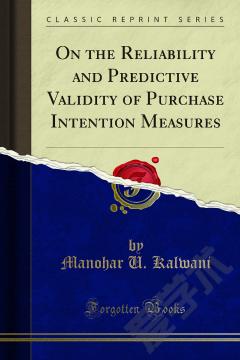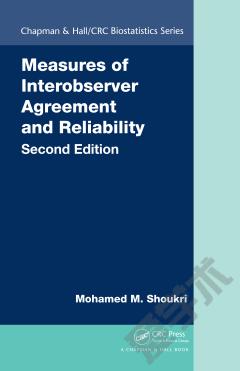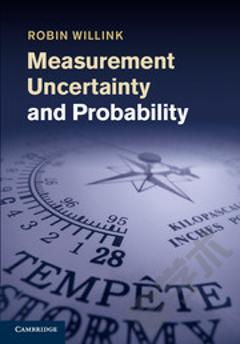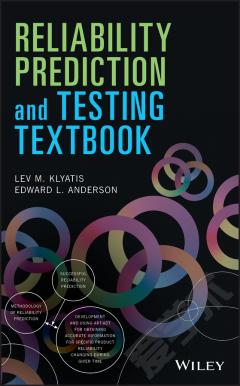On the Reliability and Predictive Validity of Purchase Intention Measures
This paper reports some further analyses and applications of Morrison's model of the predictive relationship between measures of intentions and subsequent purchasing behavior. A review of published studies bearing on the threats to predictive validity of intention scales represented in Morrison's model is presented. Findings from a test-retest study of intention ratings for concept stimuli are shown to be consistent with the levels of reliability expected under the model's assumptions of beta binomial distributed scores. Evidence of the predictive validity of intention measures is found in a re-analysis of several sets of relevant data but a different form of predictive relationship is shown to hold for generic durable goods as compared to branded packaged goods. Whereas a linear relationship is supported in the case of durable goods, the presence of a threshold phenomenon in the branded packaged goods data suggests the use of a piecewise linear model. There is reason to believe that the nature and sources of systematic error present in intentions ratings are different for these two types of purchases.
{{comment.content}}








 京公网安备 11010802027623号
京公网安备 11010802027623号